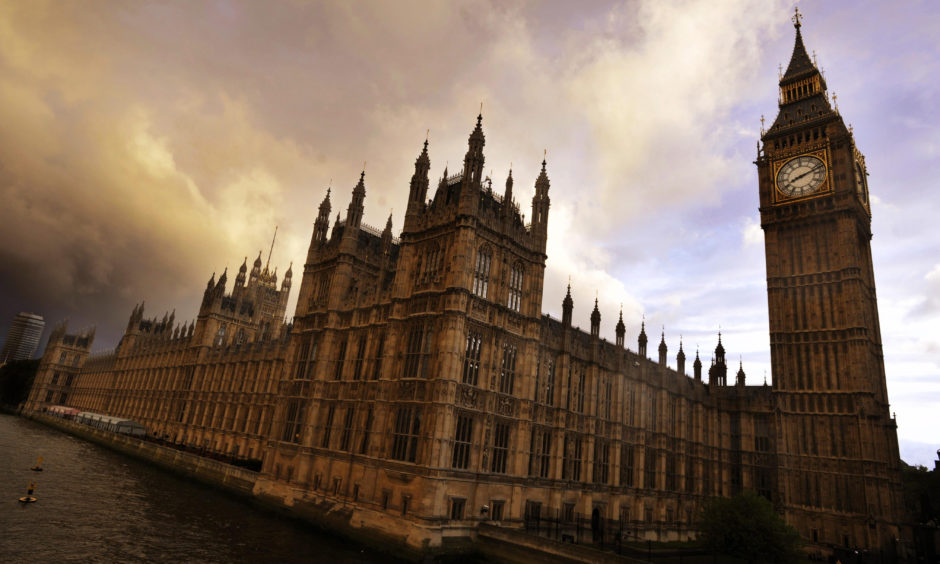
The British public wants government to play a bigger role in tackling climate change, including bringing forward a ban on diesel and gasoline cars and taxing frequent fliers.
That’s the conclusion of a six-month citizens’ assembly convened by the U.K. Parliament, which announced its findings Thursday.
More than 100 people from a cross section of society took part in the consultation on how to meet the goal of net-zero greenhouse-gas emissions by 2050.
Almost 80% of the group, which included climate skeptics, called for a green recovery from the pandemic by limiting investments in polluting industries while boosting spending on low-carbon infrastructure.
Over six weekends this year the group voted in secret ballots to determine how emissions should be cut across all areas of the economy, from travel to electricity supply and food.
Its conclusions reveal a society that wants to zero out emissions in a way that doesn’t widen inequalities.
For example, supporting farmers by making payments conditional on low-carbon practices and paying landowners to restore peatland or plant trees.
Assembly members provided a mixed picture when climate solutions clashed with lifestyle choices.
While they supported the move to ban gasoline and diesel cars as early as 2030, they only backed proposals for increasing the cost of air travel for frequent flyers.
The group also voted down a proposal to bring forward the net-zero target to before 2050 and said reducing meat and dairy consumption should be voluntary.
Overall, the assembly members backed solutions that kept most of their freedoms, while recognizing some personal changes will be inevitable.
The “net” part of a net-zero emissions goal is an acknowledgment that the U.K. will still have some emissions in 2050 that will need to be offset through carbon-removal techniques and technologies.
The assembly overwhelmingly favored nature-based solutions such as reforestation, peatland restoration and using more wood in construction. They were less supportive of capturing and storing carbon dioxide.
The U.K. government allocated 800 million pounds in this year’s budget for deploying carbon-capture technologies, but the findings suggest it will need to provide further reassurances if it is to bring the public on its side.
Alok Sharma, Secretary of State for Business, said the assembly’s conclusions would feed into the U.K. government’s interim emissions target for the next round of United Nations climate change talks.
That target, known as a nationally determined contribution, is due to be decided by the end of 2020 before the talks next year.
Speaking at the launch of the report, Sharma said the government was already enacting many of the committee’s wishes, including pledging to plant more trees and consulting on plans to bring forward the date to ban diesel and gasoline cars to 2035 or earlier. He acknowledged government needed to do more and said the whole of society needed to play a role in reaching the net zero goal, not just Whitehall.
Among the findings of the project:
91% called for government incentives to boost progress to net zero and for green strings to be attached to companies seeking government bailouts.
At least 80% of assembly members agreed that hydrogen, heat pumps and heat networks should be part of reaching net zero.
94% wanted food and drink products to feature carbon emissions labels.
There was 95% support for offshore wind, 78% for onshore wind and 81% for solar power. Only a third of the group backed nuclear generation and 40% favored bioenergy.
Recommended for you
